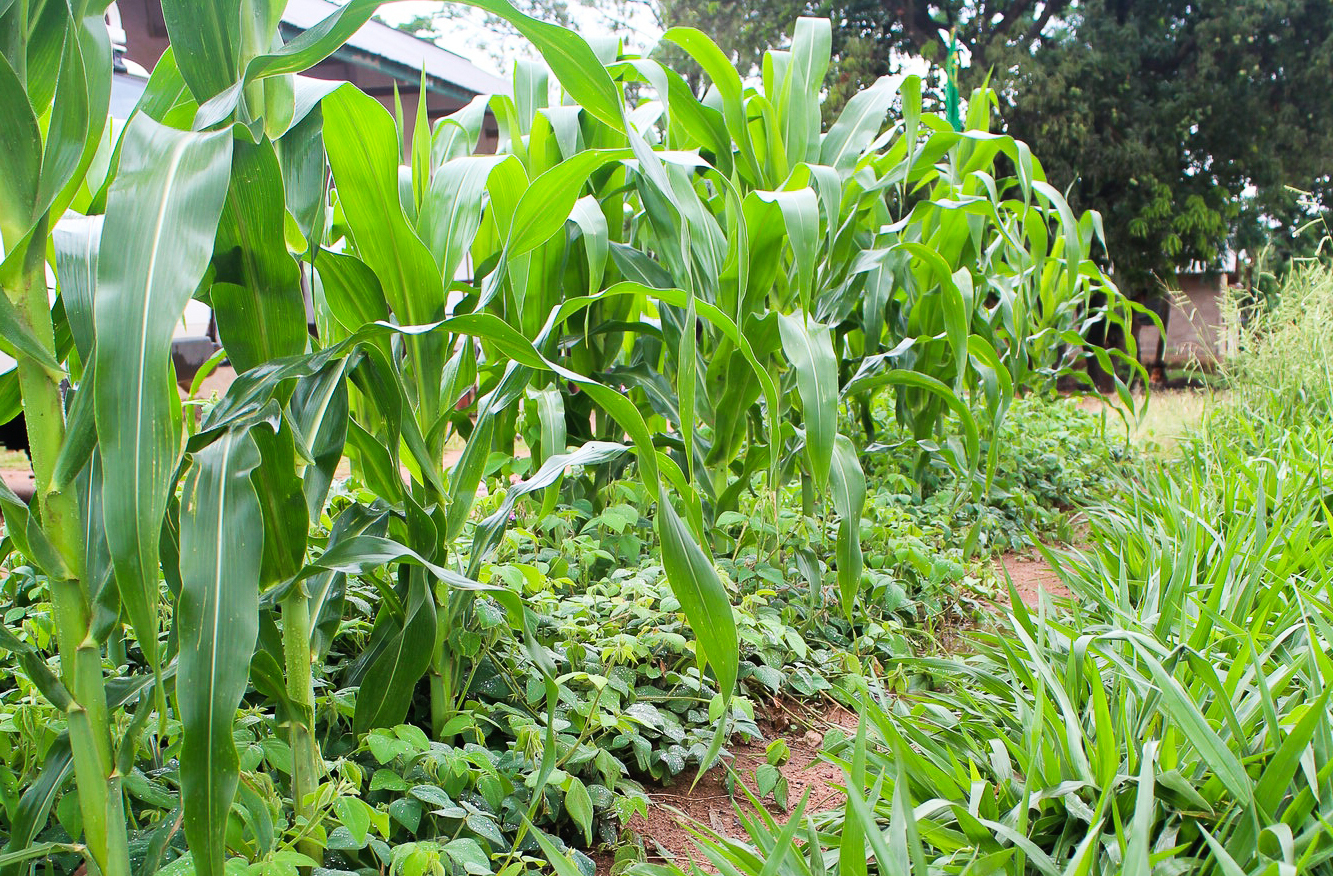Stinky sticky: An organic approach to managing pests

All farmers need a way to manage pests.
In sub-Saharan Africa, MCC is promoting an approach that Tanzanian farmers have dubbed “stinky sticky.”
Vurayayi Pugeni, who is MCC’s area director for Southern and Central Africa and Nigeria together with his wife, Thelma Sadzamari, explains the concept.
“This is a push-pull pest control strategy where farmers are trained on how to intercrop their crops with a particular grass that is a repellent to the pest,” he says.
This is the stinky part: Pests don’t like the smell of the desmodium grass planted between crops and avoid it. And the grass also helps to preserve moisture and fix nitrogen in the soil.
It worked well for farmers. In fact, in Zimbabwe, Pugeni notes, it worked so well that stem borer moths were flooding into adjacent fields to eat the crops there. So a step was added.
Because of this technology, farmers are now able to control the pest in a sustainable way..."
Vurayayi Pugeni
MCC’s area director for Southern and Central Africa and Nigeria
In addition to planting the stinky grass between plants, farmers also plant a special sticky grass, napier grass, around the edge of the plots. “When a stem borer moth lands on the grass, it can’t move and gets trapped,” he says.
Farmers celebrate how this method protects their own crops. And because it doesn’t cause pests to migrate to neighbors’ fields, it’s also helping to build peace in the community.
It wasn’t just a success with stem borer moths in Zimbabwe.
In Tanzania, farmers didn’t have funds for chemical pesticides and were wary of contaminating their water sources with chemicals, but they had long struggled to find a sustainable solution to infestations of the fall armyworm.
“Because of this technology, farmers are now able to control the pest in a sustainable way and in ways that don’t contaminate their wells,” Pugeni says. “And farmers’ yields are going up. When pests are controlled, production increases and the community has more nutritious food.”
The approach, which Pugeni describes as affordable, accessible and easy to replicate, is now being applied in other MCC projects across sub-Saharan Africa.

